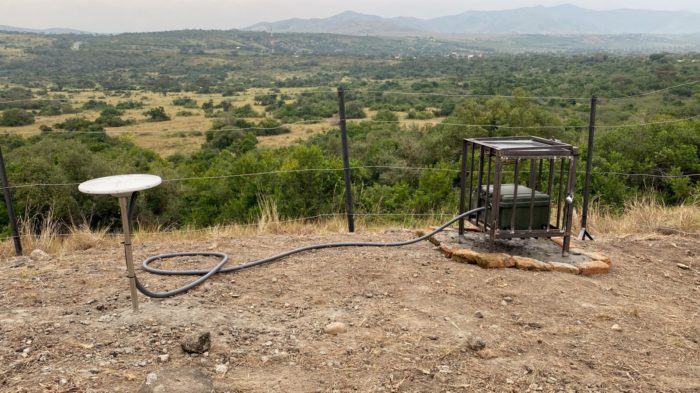Africa hosts the world’s most extensive subaerial rift system on Earth known as the East African Rift System (EARS). It stretches over 5000 km from the Red Sea and Gulf of Aden intersection in the north to the Southwest Indian Spreading Ridge south of South Africa. East-West, the EARS spans the eastern border of the Democratic Republic of Congo across to eastern Madagascar over 3000 km. The ...[Read More]
EGU Campfire Geodesy – Share Your Research – Fifth Edition
We all welcome you around our fifth EGU Geodesy Campfire to listen to two exciting talks by Eva Börgens and Sandro Krauss. The Geodesy EGU Campfire Events “Share Your Research” will give (early career) researchers the chance to talk about their work. Below you can find detailed descriptions about their talks. We will have time for networking after the presentations. Please join us on Zoom o ...[Read More]
EGU Campfire Geodesy – Share Your Research – Fourth Edition
We all welcome you around our fourth EGU Geodesy Campfire to listen to two exciting talks by Early Career Scientists (ECS) Marcello Passaro and Kevin Gobron. The Geodesy EGU Campfire Events “Share Your Research” will give early career researchers the chance to talk about their work. Below you can find detailed descriptions about their talks. We will have time for networking after the presen ...[Read More]
Geodesists on Tour: On the left side of the road for getting the g
Getting the small g (the absolute gravity value) outdoors has always been some sort of a challenge. But, in the early 2000s the possibility to measure gravity has changed by the arrival of the first A10 absolute gravimeters. They to a large extent revolutionized the approach of performing gravity measurements in the open field and with that improved the approach to design and measure national grav ...[Read More]



